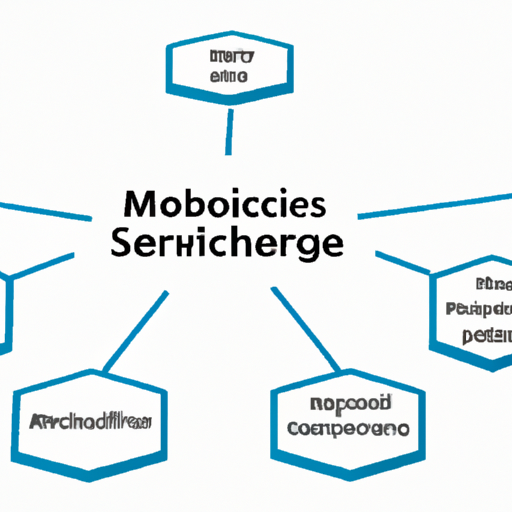In today’s digital age, data security and privacy have become paramount concerns for organizations and individuals alike. With increasing amounts of data being generated and shared, the need for innovative solutions to protect sensitive information has never been more critical. This is where Privacy-Enhancing Computation (PEC) comes into play.
What is Privacy-Enhancing Computation?
Privacy-Enhancing Computation refers to a set of cryptographic techniques and technologies designed to protect data privacy during processing without compromising its utility. These methods enable computations to be performed on sensitive data while keeping the underlying information confidential. Examples of such techniques include homomorphic encryption, secure multiparty computation, and differential privacy.
The Importance of Privacy-Enhancing Computation
As organizations increasingly rely on data-driven insights, traditional data handling practices often expose sensitive information to unauthorized access and cyber threats. Privacy-Enhancing Computation addresses these concerns by allowing data to be processed securely, ensuring that privacy regulations are met while still extracting valuable insights. This approach is crucial for:
- Compliance: Adhering to strict data protection regulations such as GDPR, HIPAA, and CCPA.
- Risk Mitigation: Reducing the potential impact of data breaches and unauthorized access.
- Trust Building: Fostering trust with clients and consumers by demonstrating a commitment to safeguarding their data.
Key Techniques in Privacy-Enhancing Computation
Several key techniques underpin Privacy-Enhancing Computation, including:
- Homomorphic Encryption: This allows computations to be performed on encrypted data without the need for decryption, ensuring that sensitive information remains secure.
- Secure Multiparty Computation: This technique enables multiple parties to collaboratively compute a function over their inputs while keeping those inputs private.
- Differential Privacy: This approach adds noise to datasets to protect individual identities while still allowing for aggregate data analysis.
Applications of Privacy-Enhancing Computation
Privacy-Enhancing Computation can be applied across various sectors, including:
- Healthcare: Analyzing patient data while preserving confidentiality.
- Finance: Securely processing financial transactions and sensitive customer information.
- Marketing: Gaining insights from customer data without compromising individual privacy.
The Future of Data Privacy
As data privacy concerns continue to grow, Privacy-Enhancing Computation will play a critical role in ensuring that organizations can harness the power of data while respecting individuals’ rights. By adopting these technologies, businesses can not only comply with regulations but also pave the way for a more secure and trustworthy digital environment.
Conclusion
In conclusion, Privacy-Enhancing Computation represents a significant advancement in secure data processing, addressing the urgent need for privacy in an increasingly data-driven world. Embracing these techniques will not only protect sensitive information but also drive innovation and trust in various industries.
As we continue to explore the capabilities of Privacy-Enhancing Computation, it is essential for organizations to stay informed and invest in these technologies to ensure a secure future for data privacy.
To learn more about Privacy-Enhancing Computation and how it can benefit your organization, contact us today!




